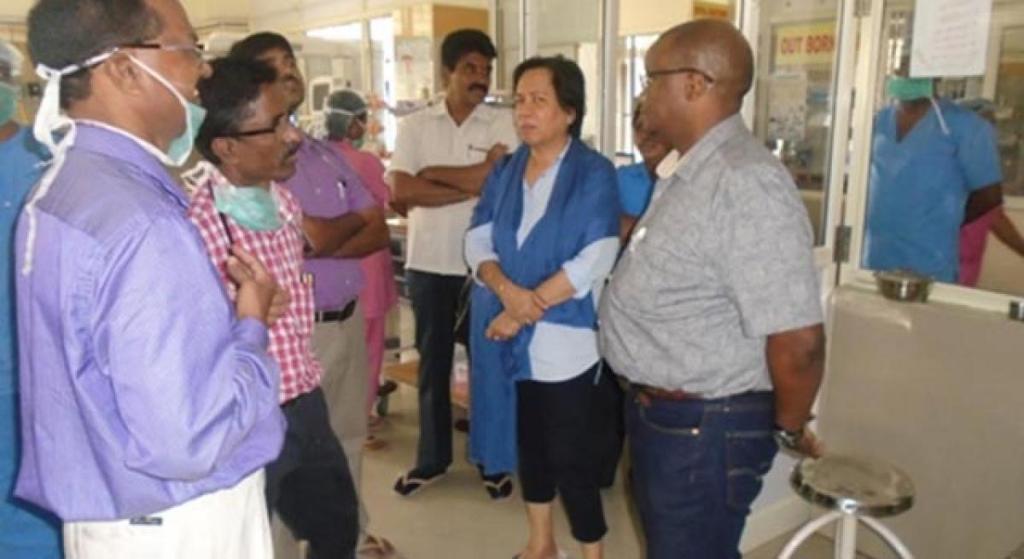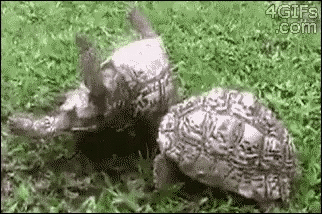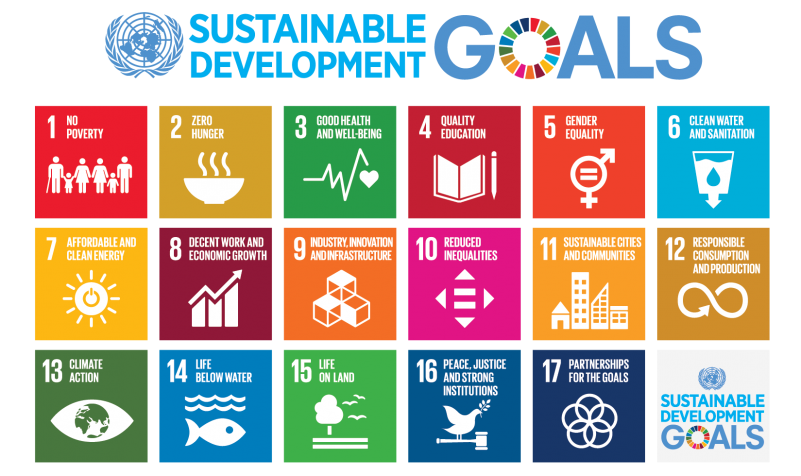UPCA Tips.
The UPCA Experience
I started my review for college admissions back in January 2020, before the start of COVID-19. I had a sneaking suspicion that it would get canceled when the rest of our school year was. Still, I held tight and continued the review for about 3 more months after which I told myself that maybe I’d had enough; then finally, the news came as expected. Of course, I was disappointed.
It’s not a story worth telling, my experience. All of a sudden and we’re halfway there already, the exam part was over, and ready or not my fate of belonging to that top 10% was decided. Many argue that we’re lucky to not have to take a difficult test, that it’s unfair to those who took it. I won’t deny their protest, but coming from our side, there’s this fact that we couldn’t do much else in raising our chances of acceptance. If you were in my shoes, the anxiety of waiting would have killed you. There’s also the not-so wasted effort of reviewing for the UPCAT.
Basically, our UPG, which would have otherwise been based on our exam results, was based on our high school grades from Grade 8 to 11. Uh oh. I’d imagine from 100,000 students applying, mine was incredibly mediocre. An average of 95? Pathetic. Add to that was the school you’re coming from and your proximity to the university having a weight in the computations. My chances seemed to keep getting lower and lower. How I wished I had done more in high school. How I wished I enrolled in Pisay. How I wished I joined a varsity team (not really). At this point, all my disappointment became regret.
My plans of entering UP came pretty late. I was never really concerned with my college education until around 11th Grade when my classmates and I began discussing our future careers. I only self-studied for the review given I already had the materials. While I wouldn’t say I didn’t want a fighting chance but I guess I’ve already accepted my failure by then, and that I thought I didn’t have it as bad as the others that were a little bit more desperate. But that didn’t preclude me from joining the fun pain of the waiting game!
I was one of those that were too impatient to actually follow the release guidelines, and I checked as soon as possible. It was around 6 a.m, I think. My name starts in V, so I was 11 hours early.
Aaaand DPWAS. Let’s skip the celebrations and proceed to the countless rants I forced upon my family’s ears. The acceptance page stated that it was not an ‘assurance’ of admission, so I had to wait for another month and waited I did now more anxious than ever. Another month of suffering.
Finally, I got admitted. At that point, it was not really a moment of joy rather a feeling of relief. I was already enrolled in another university as a backup. I guess too much waiting can suck up the excitement even out of something as great as passing UPCA.
Did it matter to have entered UP? Now that I’m here, hell yes. It was worth the wait. I’m still happy with the result, but my mind now lingers every so often whether I would have passed had I taken the test. Now it’s the opposite, whether or not I truly deserve this spot. But that’s too much for now, I’ll tell you more when I get the chance to meet you here, whoever you are. If you’re still somehow reading, here are some of my UPCA tips based on what I experienced.
1. DON’T PANIC!!!!#@
If you’re in 12 grade, there’s really nothing else you can do. If you’re in the lower years, maybe panic a little unless your grades are doing fine. It’s a safe bet to expect the UPCAT to be postponed for one more year and so if you think you’re likely to be taking the UPCA instead, exert some effort and raise those numbers.
Do worry about the schedule and deadlines for the application. Do your best to ensure that your school will submit the appropriate documents and information on time. Don’t let your chances get more and more out of your hands.
The UPCAT Facebook page will also provide an online helpdesk for any concerns regarding the application. They also have a walk-through guide for this UPCA 2022.
2. Fallback!
In case you don’t pass, always remember about the recon process. Failing initial admission, your UPG will be readily provided. Looking at the chart, appeals for admission can be made to the campuses your UPG is eligible on.
Take note that some campuses will have additional requirements. UPLB in my experience required recon applicants to have UPLB as their first-choice campus. Some may also require further assessments, such as interviews and examinations. Lastly, admissions under such a process may append some sort of obligation regarding shifting, transferring, and such.
3. Organize
Not just for UPCA, college admissions, in general, have a lot of paperwork, so it’s better to be prepared. Forms, certificates, report cards, ID pictures, application letters, you name it, it’s going to be messy. Thankfully, with most applications occurring online, I’d say it’s easier to organize.
I made folders for each university I applied to and somehow I still lost some documents. Maybe try and experiment a little with what works best for you. Also, you might want to try using cloud storage to be able to recover important documents in case your device breaks or malfunctions.
4. Patience
Again, I began my review in January of 2020. UPCAT is usually done around October, but UP announced its cancellation in November. Applications opened in January 2021, and results were released in July. For DPWAS, it took another month. My UPCA journey, all in all, took 20 months.
It’s best not to overthink these things as they take time. Save yourself the anxiety and ignore the thought of passing or failing all the time. If ignoring’s not your style, do whatever to take your mind off such things. Remember, everything will fall into place through time.






































